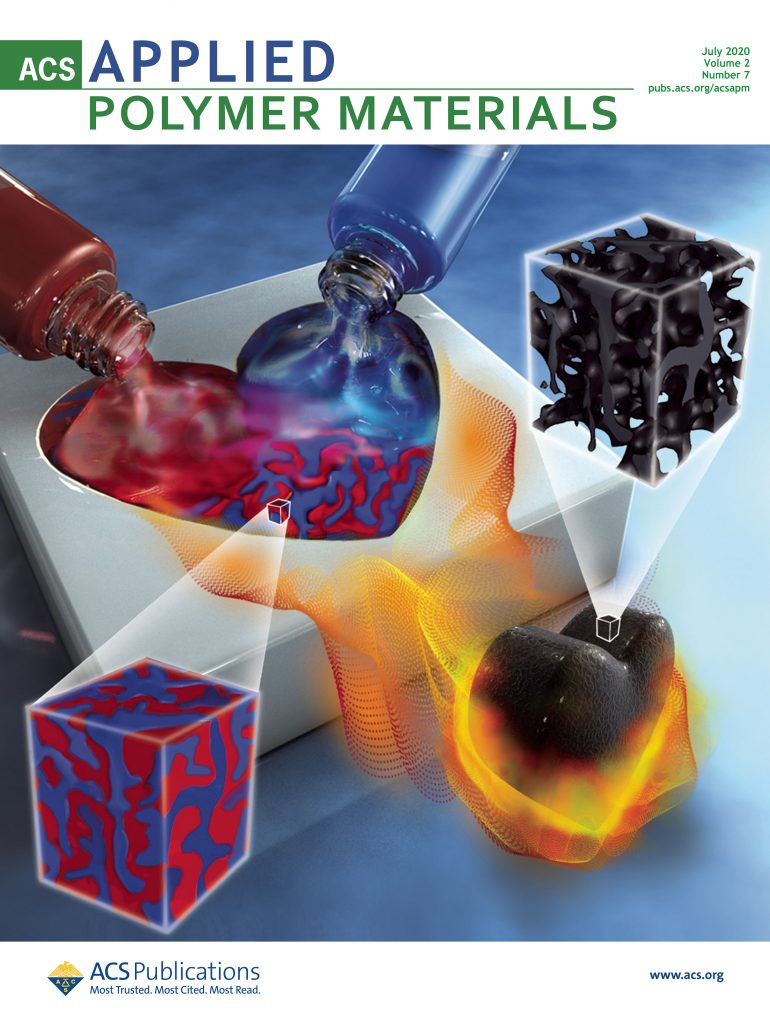联合学习调查:聚合技术、实验见解和未来前沿的多层次分类法
IF 4.4
2区 化学
Q2 MATERIALS SCIENCE, MULTIDISCIPLINARY
引用次数: 0
摘要
新兴的物联网(IoT)与人工智能(AI)的融合为各行各业的创新带来了众多机遇。然而,日益增长的隐私问题和数据隔离问题阻碍了这一充满希望的进步。遗憾的是,传统的集中式机器学习(ML)方法在解决这些障碍方面已显示出其局限性。为了应对这种不断变化的局面,联邦学习(Federated Learning,FL)作为一种前沿的机器学习范式浮出水面,实现了跨分散设备的协作训练。联邦学习允许用户在不共享本地原始数据的情况下共同构建人工智能模型,从而确保数据隐私、网络可扩展性和最小化数据传输。FL 的一个重要方面是在异构环境中进行熟练的知识聚合。然而,与集中式人工智能相比,FL 的固有特性放大了其实际实施的复杂性。本调查深入探讨了 FL 研究的三个突出贡献集群:个性化、优化和鲁棒性。目的是通过选择相关工作的独特方法,提供与这些研究领域相关的结构合理、粒度精细的分类方案。与其他调查论文不同的是,我们采用了一种混合方法,将文献计量分析和系统性审查结合起来,以找到文献中最具影响力的工作。因此,我们研究了与异构性、效率、安全性和隐私相关的挑战和当代技术。本研究的另一个宝贵之处在于它全面涵盖了 FL 聚合策略,包括架构特点、同步方法和几种联盟动机。为了进一步丰富我们的研究,我们提供了评估新型 FL 建议的实用见解,并进行了实验,以评估和比较 IID 和非 IID 数据分布下的聚合方法。最后,我们提出了一系列令人信服的研究途径,这些途径需要进一步探索,以开辟前进的宝藏。本文章由计算机程序翻译,如有差异,请以英文原文为准。
Federated Learning Survey: A Multi-Level Taxonomy of Aggregation Techniques, Experimental Insights, and Future Frontiers
The emerging integration of IoT (Internet of Things) and AI (Artificial Intelligence) has unlocked numerous opportunities for innovation across diverse industries. However, growing privacy concerns and data isolation issues have inhibited this promising advancement. Unfortunately, traditional centralized machine learning (ML) methods have demonstrated their limitations in addressing these hurdles. In response to this ever-evolving landscape, Federated Learning (FL) has surfaced as a cutting-edge machine learning paradigm, enabling collaborative training across decentralized devices. FL allows users to jointly construct AI models without sharing their local raw data, ensuring data privacy, network scalability, and minimal data transfer. One essential aspect of FL revolves around proficient knowledge aggregation within a heterogeneous environment. Yet, the inherent characteristics of FL have amplified the complexity of its practical implementation compared to centralized ML. This survey delves into three prominent clusters of FL research contributions: personalization, optimization, and robustness. The objective is to provide a well-structured and fine-grained classification scheme related to these research areas through a unique methodology for selecting related work. Unlike other survey papers, we employed a hybrid approach that amalgamates bibliometric analysis and systematic scrutinizing to find the most influential work in the literature. Therefore, we examine challenges and contemporary techniques related to heterogeneity, efficiency, security, and privacy. Another valuable asset of this study is its comprehensive coverage of FL aggregation strategies, encompassing architectural features, synchronization methods, and several federation motivations. To further enrich our investigation, we provide practical insights into evaluating novel FL proposals and conduct experiments to assess and compare aggregation methods under IID and non-IID data distributions. Finally, we present a compelling set of research avenues that call for further exploration to open up a treasure of advancement.
求助全文
通过发布文献求助,成功后即可免费获取论文全文。
去求助
来源期刊

ACS Applied Polymer Materials
Multiple-
CiteScore
7.20
自引率
6.00%
发文量
810
期刊介绍:
ACS Applied Polymer Materials is an interdisciplinary journal publishing original research covering all aspects of engineering, chemistry, physics, and biology relevant to applications of polymers.
The journal is devoted to reports of new and original experimental and theoretical research of an applied nature that integrates fundamental knowledge in the areas of materials, engineering, physics, bioscience, polymer science and chemistry into important polymer applications. The journal is specifically interested in work that addresses relationships among structure, processing, morphology, chemistry, properties, and function as well as work that provide insights into mechanisms critical to the performance of the polymer for applications.
 求助内容:
求助内容: 应助结果提醒方式:
应助结果提醒方式:


